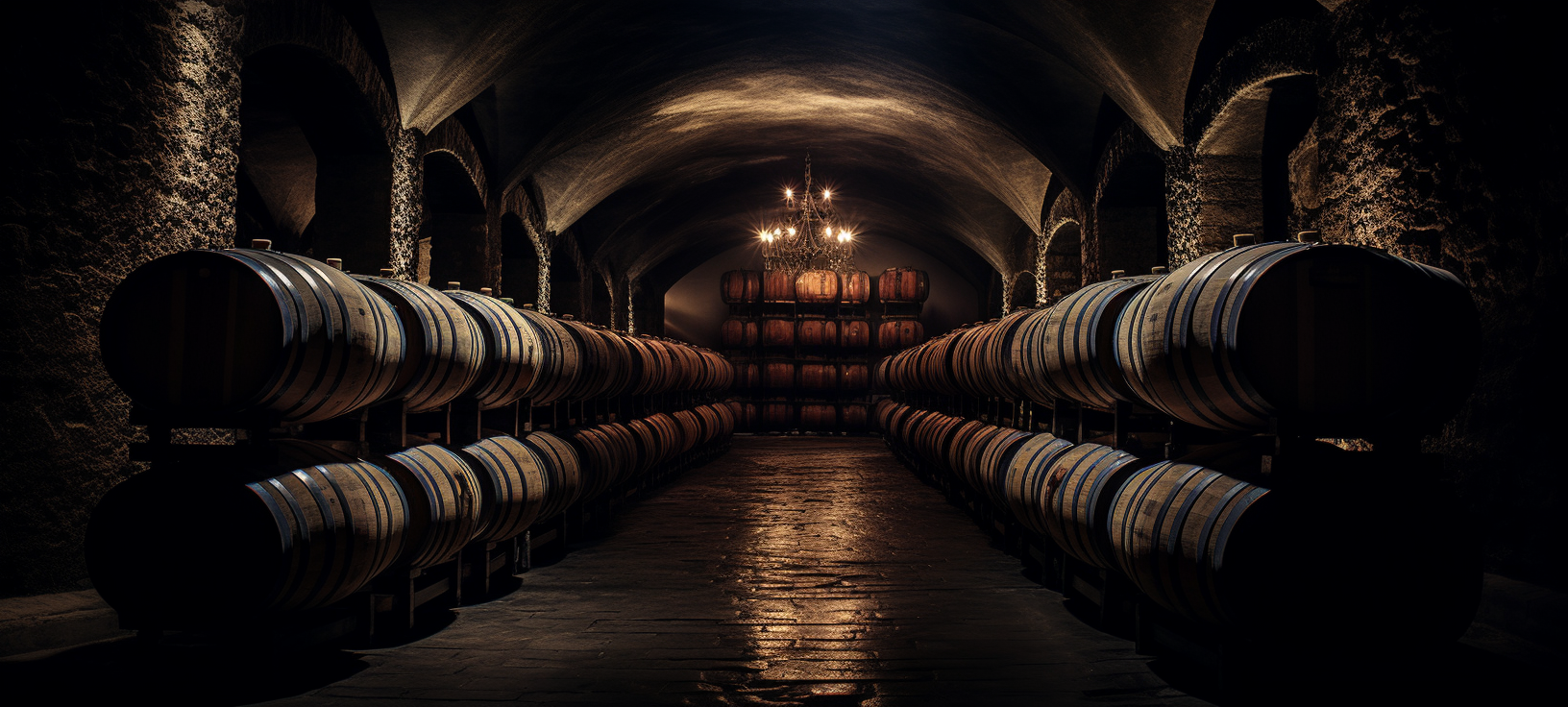Specialist Wine Transport
Specialist Wine Transport


Fine wine's inherent scarcity is one of its most compelling attributes. The world's finest wines are often produced in limited quantities, turning them into rare gems highly sought after by collectors and connoisseurs. This rarity, combined with the fact that wine can improve with age, makes certain bottles a potential goldmine. However, it's important to remember that as these bottles age, they're also being opened and enjoyed, which adds to their scarcity and keeps the market dynamic.
The Influence of Reputation and Prestige
Reputation and prestige matter in the world of fine wine. Wines produced by well-respected and established wineries command premium prices. It's not just about the taste; it's about the story, tradition, and history that comes with each bottle. So, when you proudly present your '89 Barolo from Brovia, you're not just enjoying a great wine; you're sipping on a piece of history.
Economic and Market Conditions
Fine wine isn't immune to economic fluctuations. During uncertain times, investors often seek refuge in alternative assets like fine wine, driving up prices. Conversely, economic downturns can lead to decreased demand and lower prices. Fine wine enthusiasts often joke about liquidating stocks to invest in wine during economic crises, but the market's sensitivity to economic conditions is a testament to its dynamism. There are many ways to keep track of the fine wine market, one good resource is Liv-Ex. The prices are historically tracked much like the stock markets.
Balancing Risk and Reward
Investing in fine wine is not without risks. Just as any investment carries the potential for loss, wine investments are subject to unpredictable factors that can affect prices. It's akin to the anxiety of realising that the cork is stuck and your wine has turned to vinegar – disappointing, but part of the journey.
Diversification: A Key Strategy
To mitigate these risks, diversification is essential. Investors should consider building a fine wine portfolio that includes wines from different regions and wineries. This approach spreads the risk and increases the chances of realising a positive return on investment. Remember, don't put all your eggs in one bottle; diversify, so you don't end up with a lot of omelette and no wine to wash it down with.
The Importance of Proper Storage
Fine wine is a perishable commodity, and how you store and handle it can significantly impact its value. Factors such as temperature, humidity, and light are critical considerations. So, don't leave your prized Petrus in the boot of your car during a heatwave unless you want to turn it into an expensive vinegar experiment or the most expensive ingredient in your pasta.
Conclusion: Uncorking Potential
Despite the risks, the world of fine wine investment continues to attract enthusiasts who see the potential for significant returns. The unique combination of cultural, historical, and financial value in fine wine makes it an alluring alternative investment. However, it requires diligent research, careful management, and a true appreciation for the art of fine winemaking. So, whether you're eyeing a rare vintage or a bottle from an esteemed winery, remember If you're interested in investing in fine wine, it's important to do your research and carefully manage your portfolio to maximise your chances of success.
Leave a comment